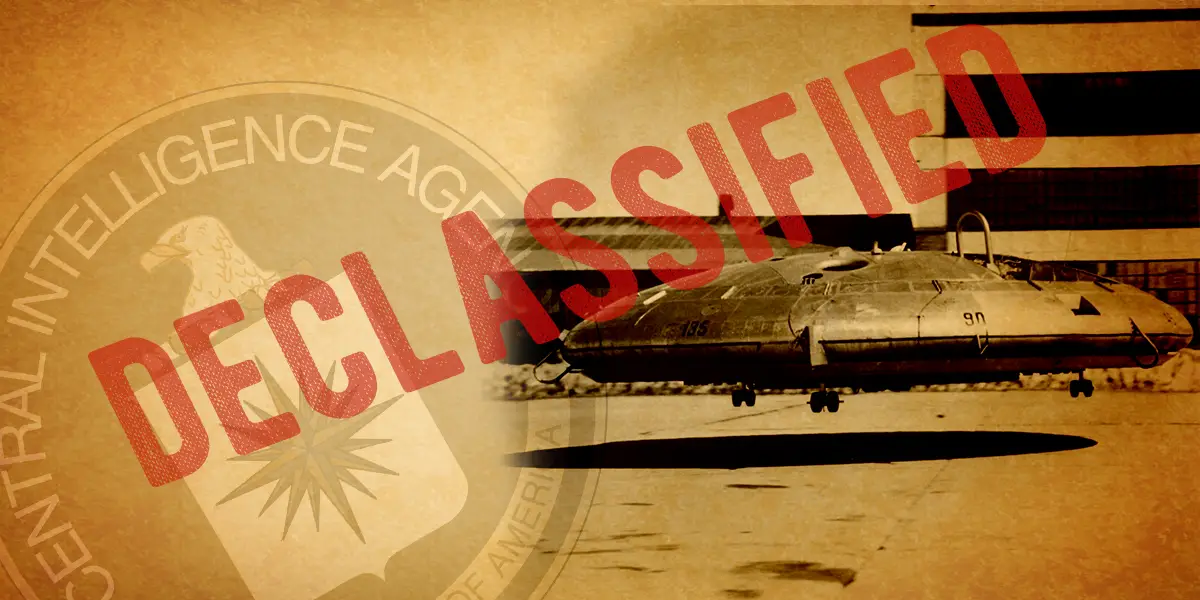Operation Paperclip was a secret program conducted by the United States government following World War II to recruit German scientists, engineers, and technicians, including some involved in Nazi Germany’s war effort. The operation aimed to capitalize on the scientific expertise of these individuals, primarily in fields such as aerospace, rocketry, and intelligence gathering. While it undoubtedly contributed to significant advancements in science and technology, Operation Paperclip remains a subject of debate and controversy due to ethical concerns and the questionable pasts of some recruited scientists.
Origins and Objectives
In the closing stages of World War II, the Allies realized the significant scientific advancements made by Germany under the Nazi regime. Fearing that valuable intellectual capital would fall into the hands of the Soviet Union, the United States initiated Operation Paperclip. This operation, which lasted from 1945 to 1959, sought to identify and recruit German scientists, particularly those specializing in rocketry, aerospace, and biological warfare.
The Recruitment Process
Under Operation Paperclip, U.S. military intelligence officers actively scoured Germany for individuals who possessed valuable scientific knowledge. Notable figures such as Wernher von Braun, a renowned rocket scientist, and Arthur Rudolph, a leading engineer, were among those targeted for recruitment. While many of these scientists willingly collaborated with the Americans, others were coerced into cooperation to avoid prosecution for their involvement in war crimes.
Controversial Aspects
The recruitment of German scientists through Operation Paperclip was not without its ethical dilemmas. Many of these scientists had been members of the Nazi Party and had used forced labor during the war. Some had even conducted experiments on concentration camp prisoners. These actions raised significant moral questions about whether their knowledge and expertise should outweigh their crimes.
Public Knowledge and Legacy
Operation Paperclip was shrouded in secrecy for several decades, with the U.S. government denying its existence until the 1970s. The project’s details only became public knowledge through the efforts of investigative journalists and historians. This revelation sparked public debate, criticism, and calls for transparency regarding the recruitment process and the scientists’ wartime activities.
Scientific Advancements and Cold War Competition
Operation Paperclip undeniably played a crucial role in advancing scientific knowledge and technology in the United States. German scientists brought expertise in areas such as rocketry, aircraft design, and guidance systems. This knowledge became vital in the emerging Cold War era, as the United States and the Soviet Union engaged in a race to achieve technological supremacy. The contributions of Operation Paperclip scientists, particularly in the development of the American space program, were substantial.
Ethical Considerations and Historical Perspective
Critics argue that Operation Paperclip compromised the principles of justice and accountability. By recruiting scientists involved in war crimes and overlooking their past actions, the operation raised questions about the United States’ commitment to justice and the integrity of scientific pursuit. However, proponents contend that the operation’s benefits to American scientific advancements and the containment of the Soviet Union justified the compromises made.
Final Thoughts
Operation Paperclip remains a complex and controversial episode in history, characterized by the ethical dilemma of trading justice for scientific and technological progress. While the operation undeniably contributed to significant advancements and bolstered American capabilities during the Cold War, its moral implications continue to be debated. The story of Operation Paperclip serves as a reminder of the delicate balance between scientific progress and the preservation of moral principles in times of conflict.




